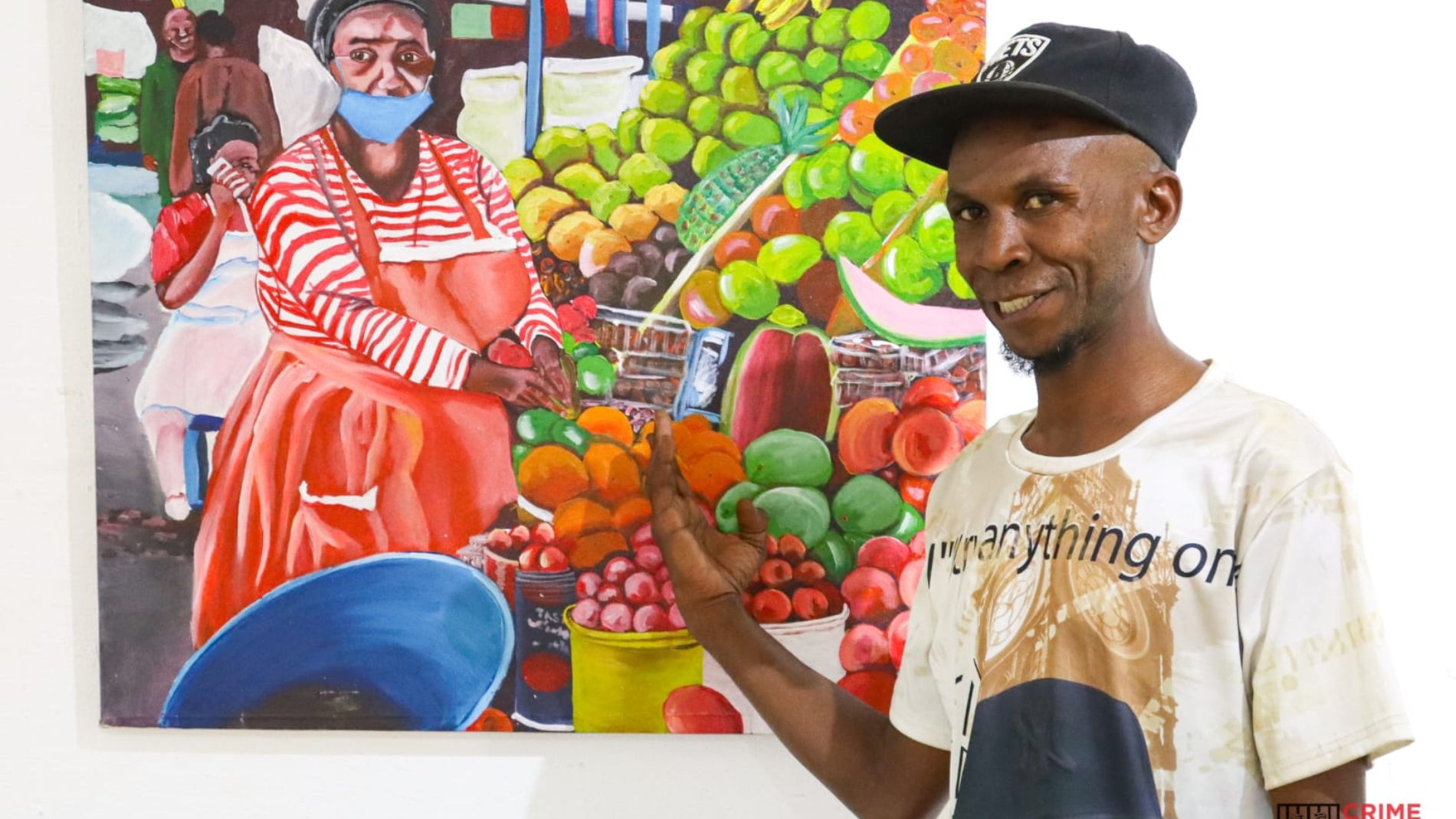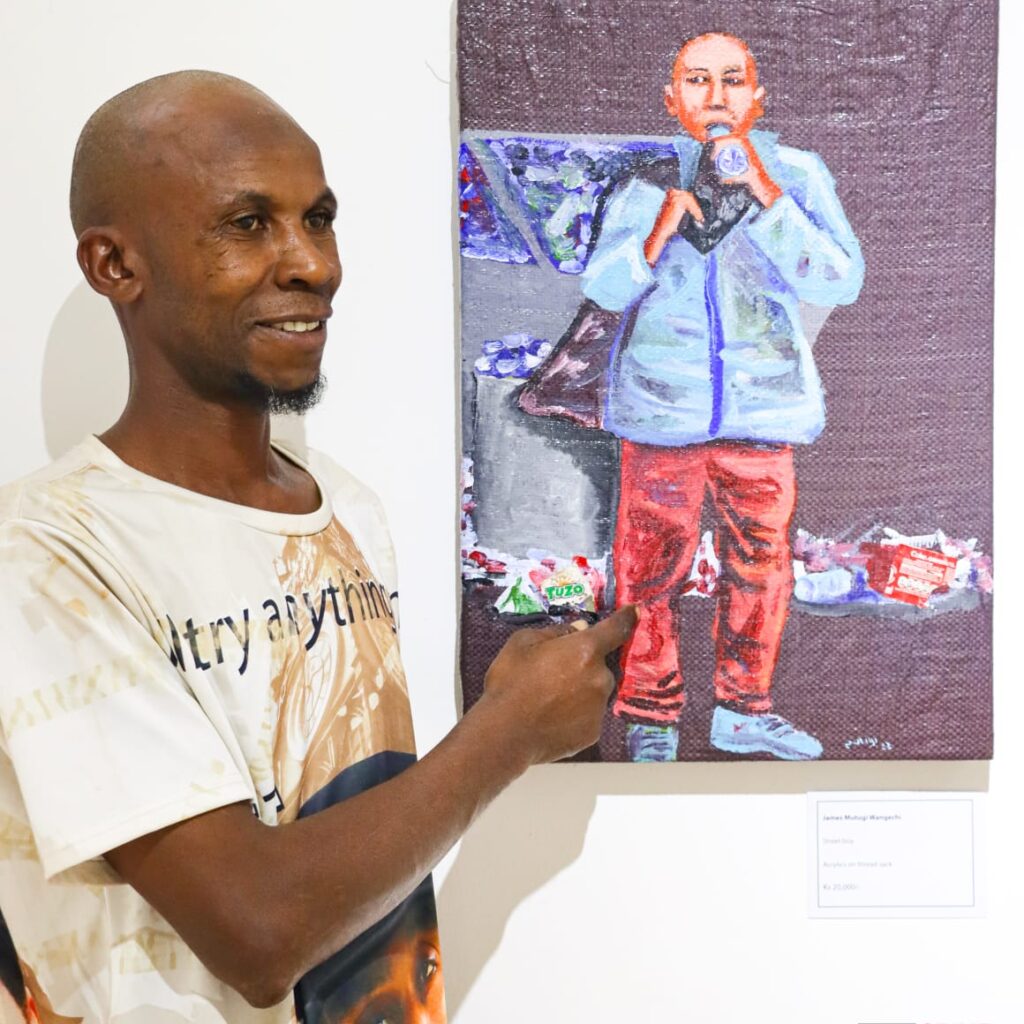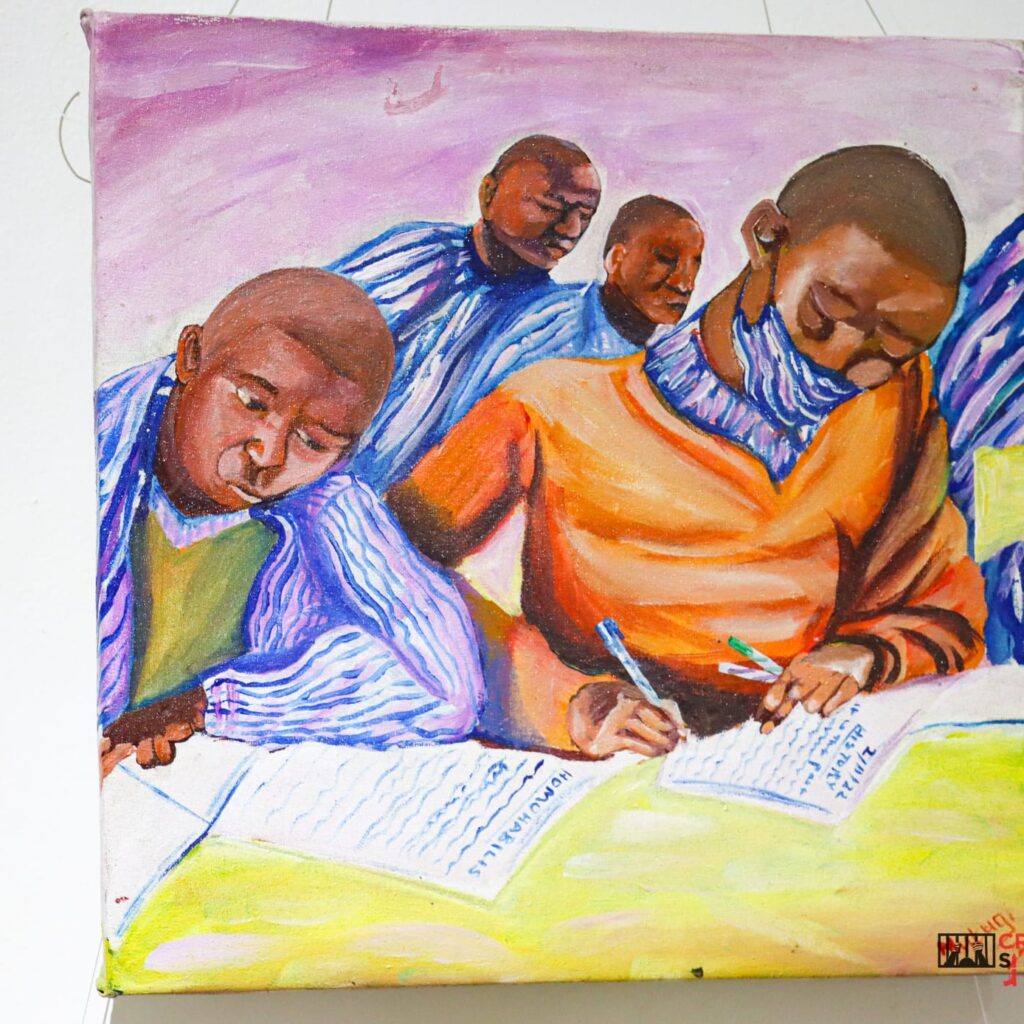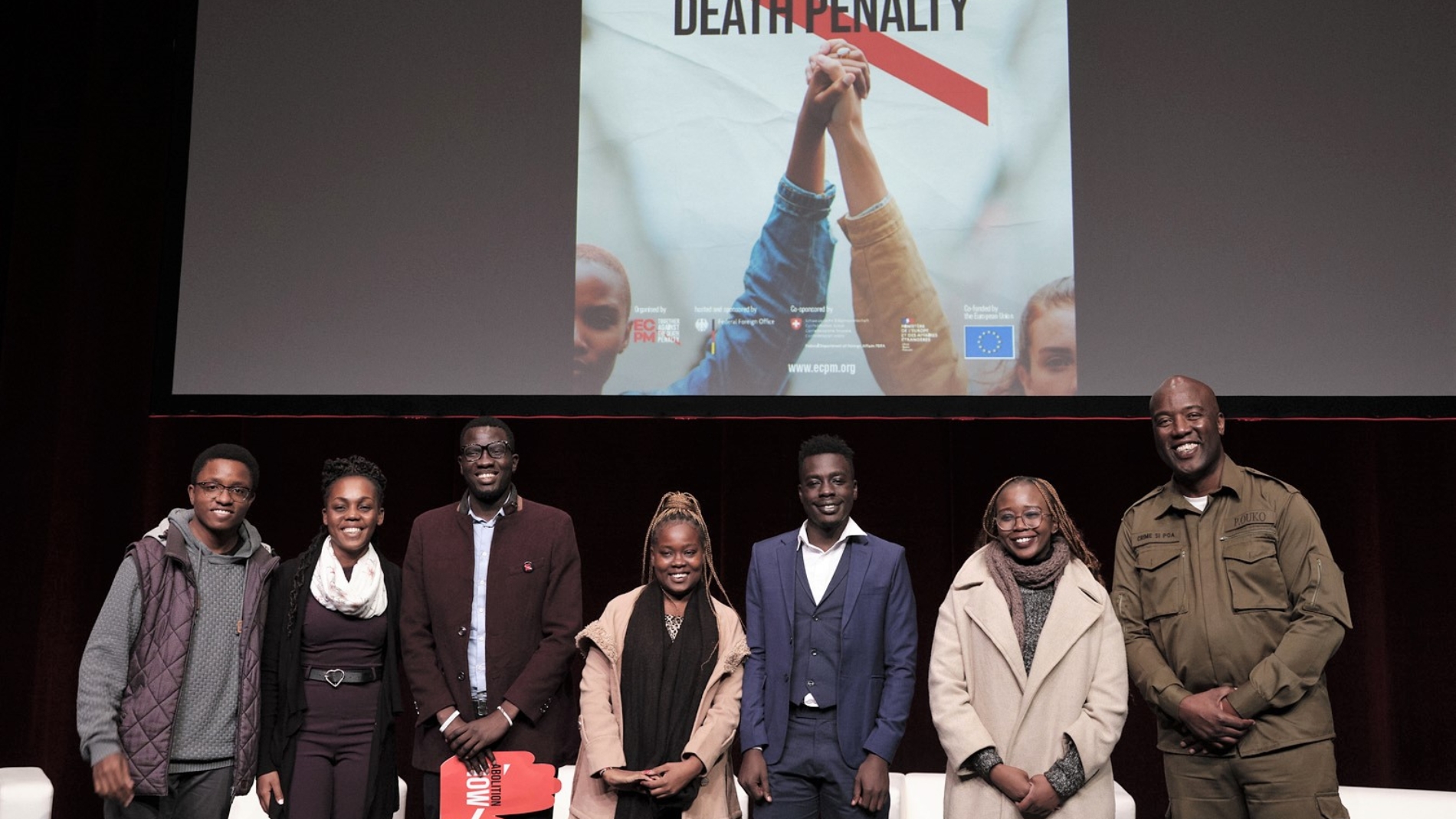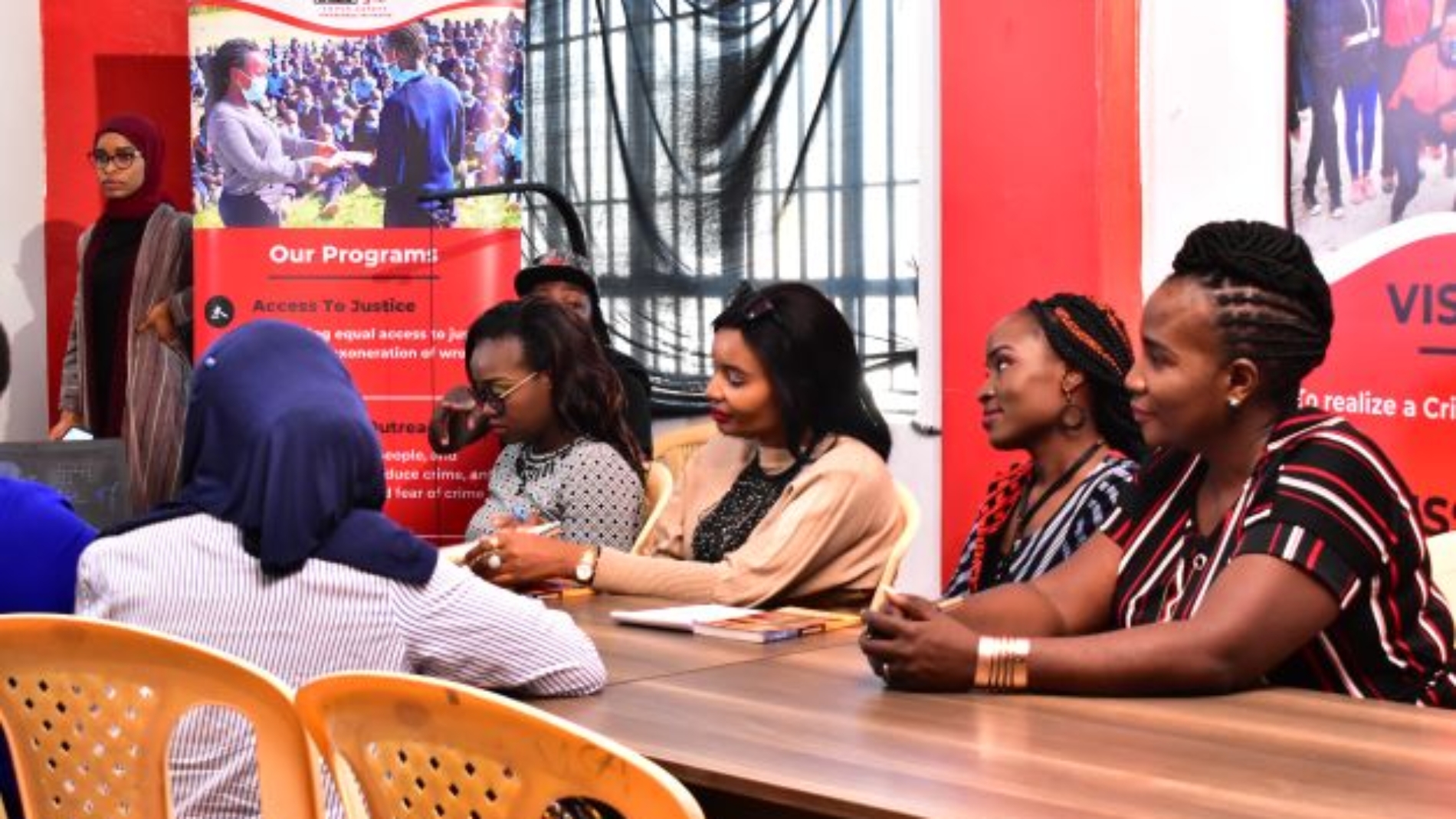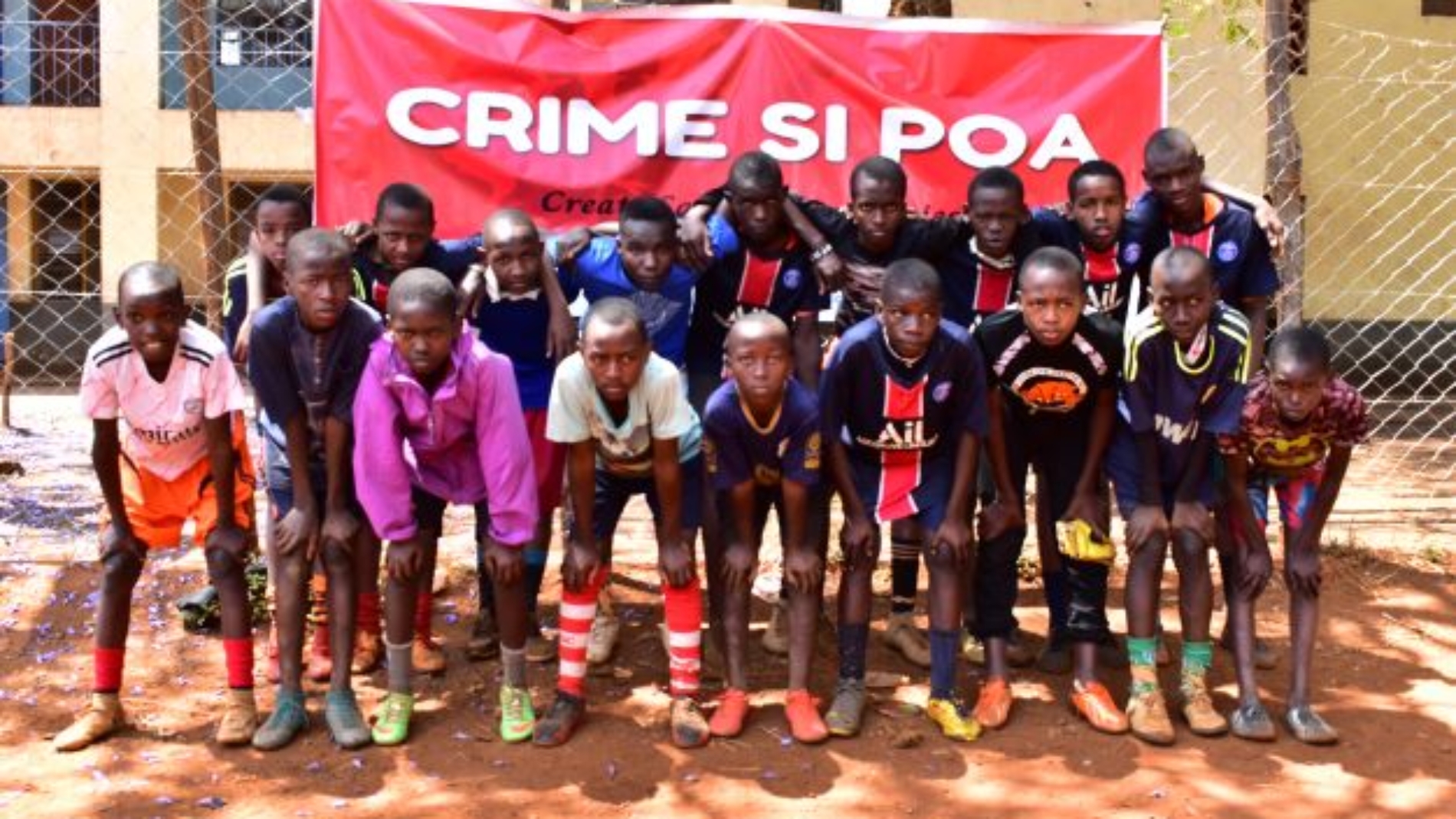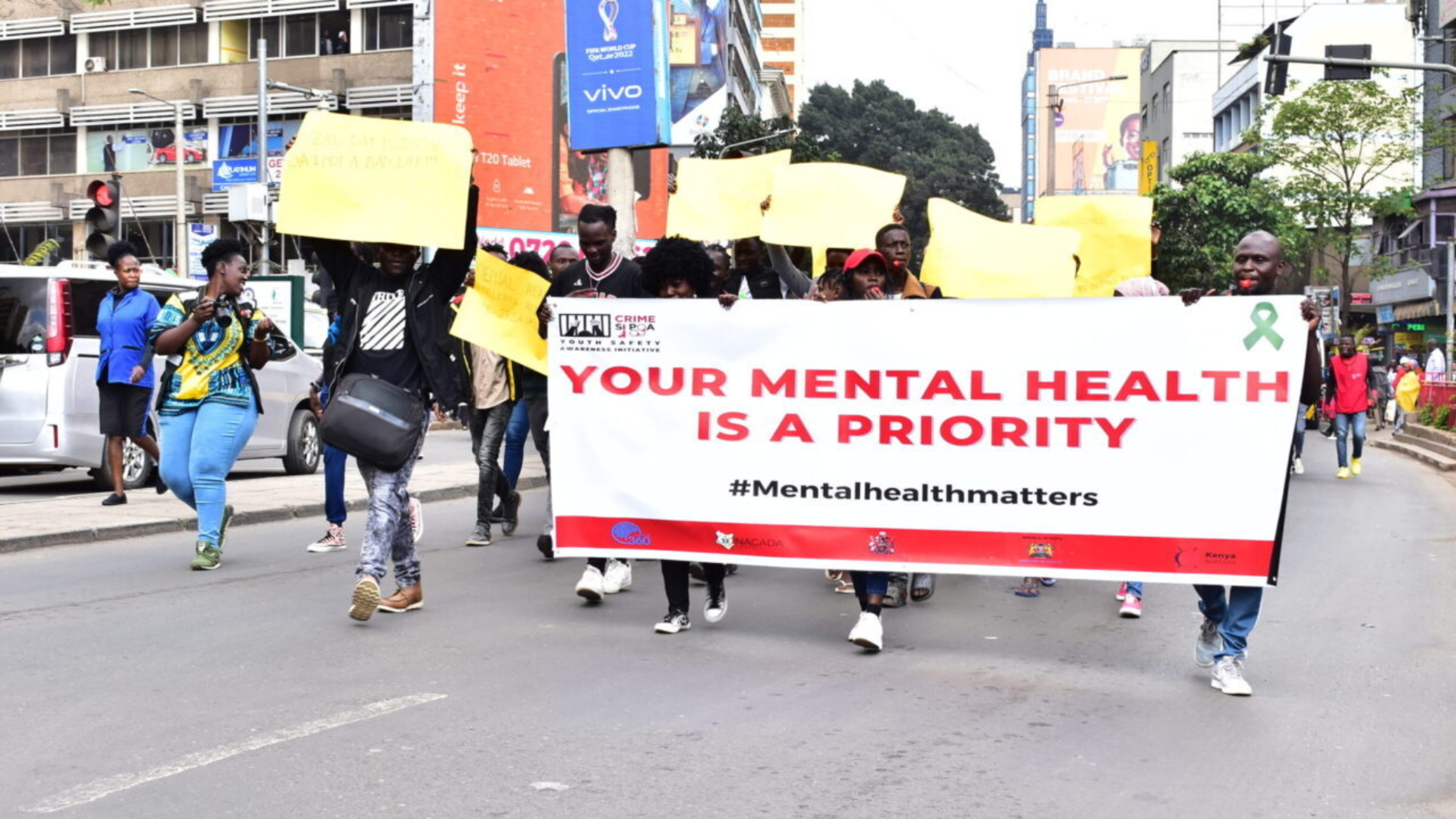In the heart of the bustling city of Nairobi, where everybody migrates to look for opportunities, Cynthia Kawira has been hopeful of gaining meaningful employment having graduated from The Cooperative University of Kenya as a social worker in 2022.
As the days turned into weeks and weeks into months, Cynthia’s optimism began to wane. The job applications she sent out seemed to disappear into an abyss, and the few interviews she managed to secure ended with polite rejections.
She is among the growing youthful generation brimming with aspirations and ambitions but facing the unyielding tide of youth unemployment. She however did not get discouraged and decided to take up volunteer work to enhance her skills
“I took up the paralegal training offered by Crime Si Poa so that I can provide legal awareness to my community members rather than just sitting idle. I am now volunteering with the organization, conducting youth empowerment programs in Kajiado County; educating them on access to justice, crime, drugs and substance abuse, and environmental conservation. I look forward to specializing in counseling issues in legal law, emotional and psychological matters,” she says.
According to the Kenya National Bureau of Statistics (KNBS) report released early this year, the number of Kenyans without jobs increased to more than 2.97 million in the last quarter of 2022 from 2.89 million in the previous quarter, underscoring the labor market woes in the wake of elevated inflation and reduced activity in the dominant agricultural sector. The report states that more than half of the numbers are youthful population, underlining the growing crisis of youth unemployment in the country.
Speaking on Prime Time TV47 to commemorate this year’s International Day of Youth with the theme; Green Skills for Youth, towards a sustainable world, Cynthia underscored the fact that as much as colleges and universities were releasing many graduates in the job market, few are able to secure opportunities, and most end up in casual jobs.
“Most youths find it hard to accept that they are unemployed after studying hard and graduating, hence feel uncomfortable to work in areas not in their line of career. I, however, implore them to take up the jobs to develop their skills because the job market requires different skill sets; you never know where you may land. It also gives you an opportunity to learn leadership skills,” she said during the show
Cynthia, however, called on the government to review the education curriculum so that it is skills-based and promotes entrepreneurship rather than focusing only on passing exams. This, she said, would help in addressing the issue of youth unemployment.
At the same time, Crime Si Poa Executive Director, Mr. Peter Ouko, underscored the fact that youth need not consider skills acquired in technical studies at the polytechnics and vocational centers as inferior to what others learn in university. He encouraged them to take up the courses as the demand for technical jobs was high worldwide. He further called on the government to be consistent in youth-centric programs as lack of opportunities is what forces many youths into crime.

Having founded Crime Si Poa while in prison following a wrongful conviction, Peter said that 75 % of inmates belong to the youth bracket with some having been wrongfully convicted. “Crime Si Poa started through sensitization against crime from prison and we used our networks outside to reach out to the youth,” he added.
Noting that there is a need to create alternatives to address the issue of unemployment, he called on the government to simplify the process of the acquisition of passports so that many youths can seek and access opportunities in other countries.
Click this link to follow the complete interview: LIVE ||TV47 WEEKEND EDITION || TO THE POINT


